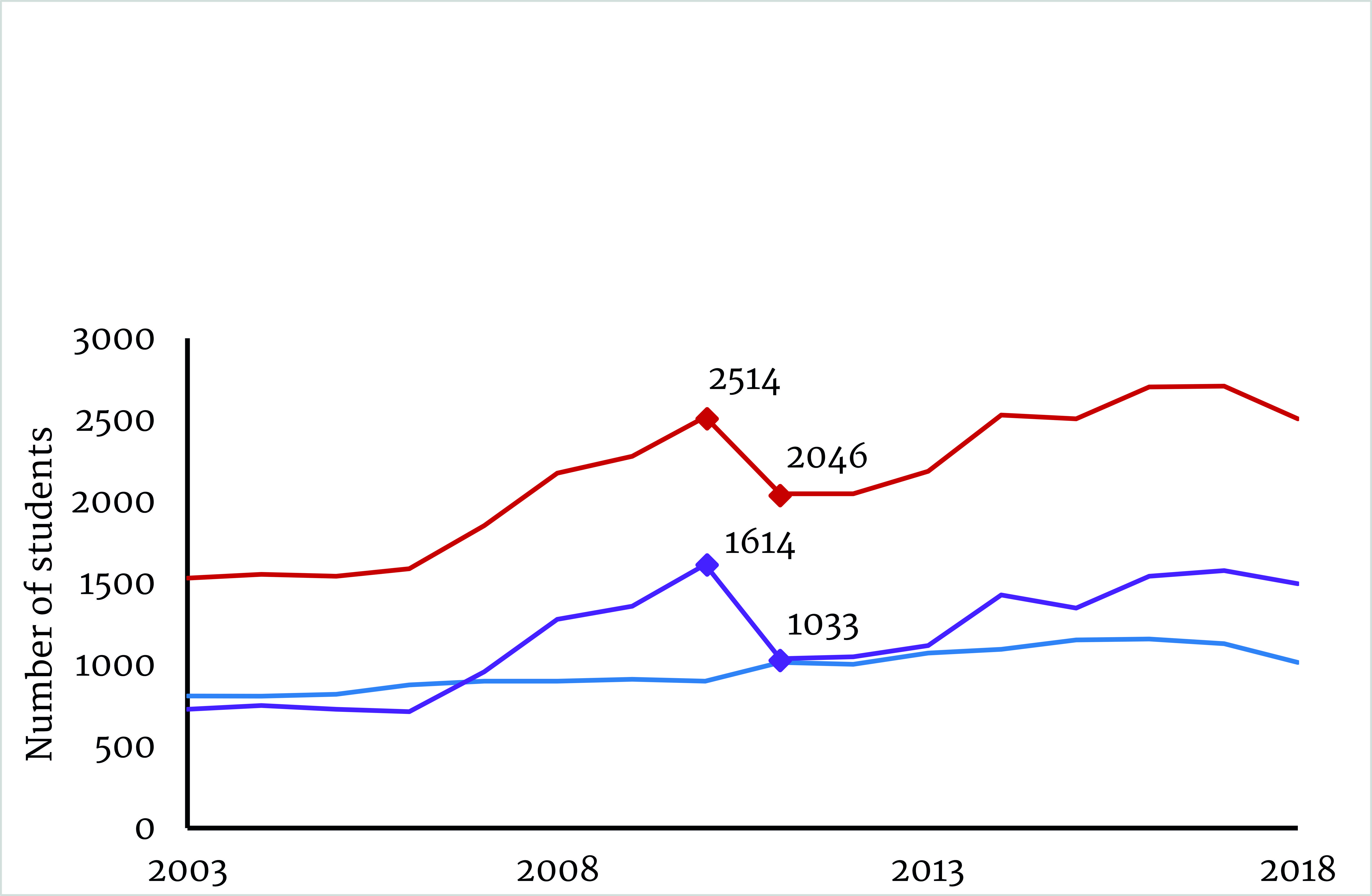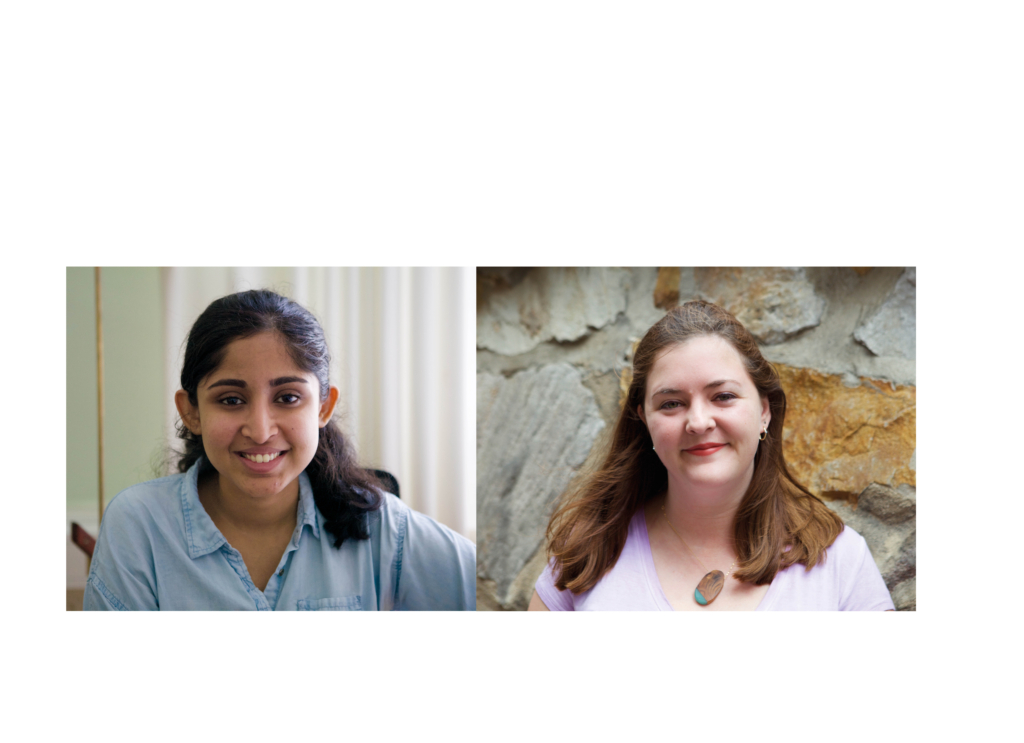Did you know that international students coming to Sweden weren’t required to pay tuition fee before 2011? Sweden’s process to start making tuition fee mandatory begin in 2004. In 2019, Lundagård investigates its consequences.
In the 2004/05 academic year, Sweden saw a big growth in international students – accounting for almost 20 percent of all new and incoming students. In an attempt to relieve the strain of providing for so many students, a new law was proposed to introduce enrollment fees for students from countries outside of the European area of cooperation (EU/EEA). The law was passed, and on July 1, 2011, international students from outside of the EU/EEA – so called freemover students – began paying tuition.
At Lund University freemover students are now required to pay tuition fees. The fees do not apply to incoming international exchange students or PhD students.
As expected, the introduction of tuition fees meant that Sweden received a sharp decline in paying freemover students.

The decrease in freemover students was greater among male students than female students – as the majority of freemover students were male students – leading to an increase in the national proportion of women among enrollees from 47 to 52 percent between academic years 2010/11 and 2011/12.
The introduction of tuition fee also showed a decrease in diversity among freemover student body. In the academic year 2010/11, right before the tuition fee was introduced, national statistics show that of the top ten countries that most international students came from, only five were non-EU/EEA countries. In the academic year 2015/16, only three out of ten countries were non-EU/EEA countries. As Swedish universities are not allowed to record the nationality of students in their record systems, LU does not have statistics on the nationalities of their international students.
In 2019, almost ten years after the introduction of tuition fees, Lundagård interviews two international Master’s students at LU.
Ramya Thiru, from India, is in her second year of Master’s degree in Environmental Management and Policy. For her Master’s degree, she had applied and received invitations from schools in the United States and Australia. In the end, she chose to come to Lund. “I got a partial scholarship for my tuition, which really helped me in making my decisions,” Ramya Thiru says. She adds that the main reason for choosing Lund University is because Sweden is a leader in sustainability studies, and she came here to get more hands on experience.
Audrey Savage is from the United States, studying her second year Master’s degree in Applied Cultural Analysis. She is currently doing her work placement internship at the International Desk. “I knew I wanted to do a Masters in Sweden, but having a lower tuition than the US, is definitely a contributing factor,” Audrey Savage says.
Today, Lund University has the most international students in Sweden, including both paying and non-paying students. In the academic year of 2018/19 Lund University had 3270 international students. Uppsala University follows behind with second most international students.
The tuition fees vary between programs. The lowest fee for a semester at LU is 50,000 SEK per semester, but the fee average between 50-60,000 SEK per semester. This is in line with the cost for most Swedish Universities, according to Universitetskänslerämbetet (UKÄ).
The government decreased their financial support to Lund University with 41,5 million SEK when the tuition fee was introduced, just above two percent of the university’s total budgetary allocation. However, the income for the university from tuition fees was 125 million SEK in 2018 – three times more than before the fee was introduced.
With increased income, Lund University is able to provide more services for students. As such, Lund University is able to help international students with housing services, info desks, and academic related health clinic services.









